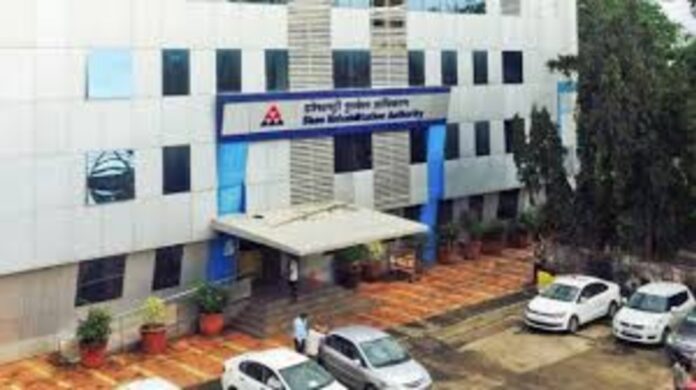X : @vivekbhavsar
PART II
Mumbai
The Slum Redevelopment Authority (SRA) of Maharashtra, initially established with the noble vision of transforming Mumbai into a slum-free city, has recently faced criticism and scrutiny. Allegations have surfaced suggesting that the authority is deviating from its primary objective. Instead of focusing on the comprehensive redevelopment of slum areas, it is alleged that the SRA is increasingly prioritizing the redevelopment of buildings in prime suburban areas like Andheri and Bandra. This shift in focus has raised concerns about the authority compromising its foundational mission.
Prime suburban areas are often more lucrative for real estate development. The involvement of real estate developers in these projects raises concerns that profit motives may be overshadowing the welfare of slum residents.
In some cases, slum residents may be displaced without receiving adequate resettlement options. This can lead to further marginalization of already vulnerable populations.
The SRA has been instrumental in redeveloping several slum areas, providing thousands of families with improved housing and better living conditions. Projects such as the transformation of Dharavi have become emblematic of successful urban renewal. These projects not only provided better living conditions but also uplifted the socio-economic status of many residents.
However, recent activities suggest a shift in focus. This shift in focus has raised significant concerns about the authority’s commitment to its original mission. There is a growing concern that resources meant for slum redevelopment are being diverted to more profitable suburban projects. This could potentially leave many slum areas without the necessary support and redevelopment. The incentive model, which allows developers to build commercial properties in exchange for providing free housing to slum dwellers, may lead to a preference for projects in more lucrative areas. This can result in the neglect of less profitable but more needy slum areas.
The approval of redevelopment projects in affluent suburbs by SRA, have raised significant legal and constitutional questions. The core issues revolve around the alleged misuse of Regulation 33(11) of the Development Control and Promotion Regulations (DCPR) 2034 and the potential overstepping of the SRA’s jurisdiction, which traditionally falls under the purview of the BrihanMumbai Municipal Corporation (BMC).
Legal experts argue that the SRA’s actions could constitute a violation of the regulatory framework, as the DCPR 2034 does not provide clear provisions for the type of redevelopment projects currently being approved by the SRA.
Allegations of illegal activity have surfaced, with potential violations of constitutional provisions being a significant concern. The 74th Amendment of the Indian Constitution, enacted in 1992, aimed to decentralize urban governance and delegate 18 specific responsibilities to municipal corporations, as detailed in the Twelfth Schedule. These responsibilities include urban planning and land use regulation.
By granting approvals for redevelopment projects that fall under the jurisdiction of the BMC, the SRA may be overstepping its bounds. This raises questions about the constitutionality of the SRA’s actions and its adherence to the 74th Amendment, which mandates that urban planning and land use regulation are the responsibilities of municipal corporations.
The SRA has also been granting approvals under Regulations 33(12)(B) and 33(19) of the DCPR 2034, further fuelling controversy. These actions are viewed as encroaching upon the authority of the BMC, leading to debates about the legality and jurisdictional boundaries of the SRA.
If the SRA is found to be acting outside its legal mandate, it could face significant legal challenges. This might result in the revocation of approvals and potential legal proceedings against the authority.
The potential violation of the 74th Amendment could lead to broader constitutional conflicts, questioning the balance of power between state authorities and municipal corporations.
The SRA’s approvals for redevelopment projects in high-value areas have allegedly resulted in substantial revenue losses for both the BMC and the state government. These losses are estimated to be in the hundreds of crores, highlighting the significant financial impact of the SRA’s recent activities.
Critics argue that the primary beneficiaries of these redevelopment approvals are developers, rather than the intended slum residents. This raises concerns about potential conflicts of interest and corruption within the SRA, suggesting that decisions may be influenced by profit motives rather than the welfare of slum dwellers. Critics demands there is an urgent need for a thorough investigation into the SRA’s activities to ensure that the authority is operating within legal and constitutional boundaries. This investigation should examine potential conflicts of interest, corruption, and the financial implications of recent approvals.




